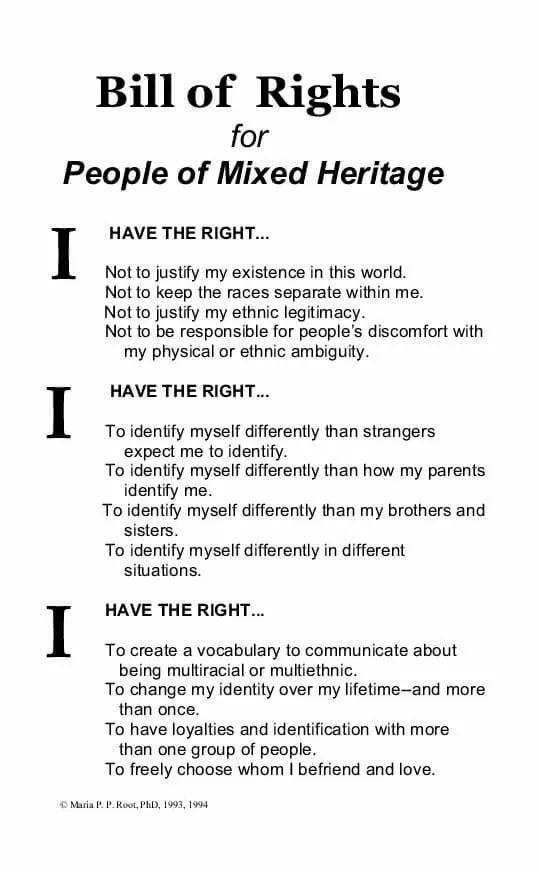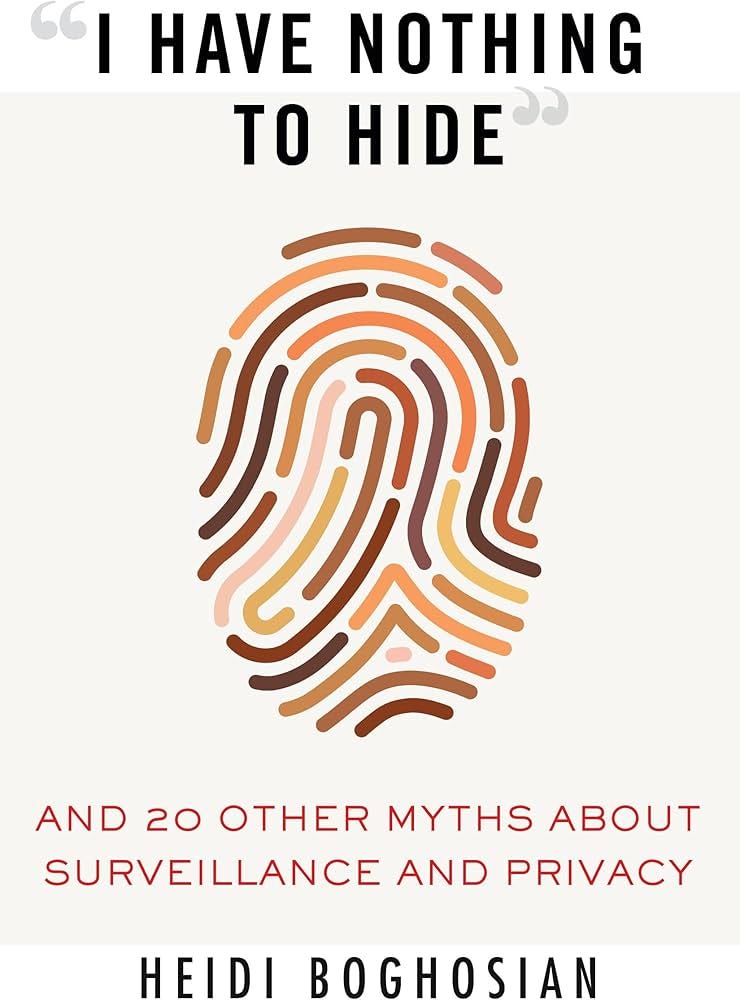The 222nd Block: Nothing to hide
The spammiest social media has ever been; the techiest sports have ever been, for all the world to see
This week…
Your reading time is about 7 minutes. Let’s start.
No further comments.
Now, here’s a selection of top stories on my radar, a few personal recommendations, and the chart of the week.
ICYMI: The Previous Block was about all the dark business around us. FWIW:
Darkness reigns over Wikipedia as official dark mode comes to pass by Kevin Purdy for Ars Technica.
CORRECTION NOTICE: None notified.SCAM / SPAM
Scammers target Middle East influencers with Meta’s own tools ($)
Tekendra Parmar for Bloomberg:
In May 2023, Esaa Ahmed-Adnan, an Iraqi social media influencer who’s amassed more than 500,000 followers on Instagram with his videos about environmental issues, received a curious message from the platform. A sponsored post for a local restaurant he’d made had been taken down after being flagged for a copyright violation. Ahmed-Adnan, who knew to avoid doing things likely to inspire trouble, such as adding copyrighted music to his posts, was confused. This particular video consisted entirely of him touring the restaurant and trying various dishes.
Not long after, other videos started disappearing: A post he made promoting an area volunteer effort to clean up the Tigris River, which flows through Baghdad, was also flagged for a copyright violation. That video showed him talking directly to the camera while helping to pick up trash from the banks of the river and, again, featured no copyrighted music.
Via WhatsApp, Ahmed-Adnan got in touch with the person who flagged his posts, who claimed to be the owner of an intellectual-property protection business. He acknowledged that Ahmed-Adnan’s post wasn’t actually violating anyone’s copyright and suggested he could restore the content for $3,000, about as much as Ahmed-Adnan makes in a month.
Copyright trolling is when one claims another creator’s original post as one’s own. Influencers in the region say Meta makes legitimate access to rights manager too difficult to obtain. A black market has emerged, making it easier for the tool to fall into the wrong hands. On multiple Facebook groups, users can sell accounts with access to rights manager for as much as $3,000. (Archive link.) Loosely linked:
OnlyFans’ porn juggernaut fueled by a deception by Andrew R.C. Marshall, Jason Szep, and Linda So for Reuters.
Trapped in Myanmar’s cyber-scam factories (Part 1 of 2) by Emily Fishbein and Nu Nu Lusan for Al Jazeera.
Under siege in Myanmar’s cyber-scam capital (Part 2 of 2) by Emily Fishbein and Nu Nu Lusan for Al Jazeera.
An organised neo-Nazi TikTok network is getting millions of views by Nathan Doctor, Guy Fiennes, and Ciarán O’Connor for ISD.
Substack lets writers embed predictions from Polymarket, which claims news prediction helps fight against clickbait and propaganda by Laura Hazard Owen for Nieman Lab.
AI / TECH
The AI keeps the score
Dvora Meyers for The Verge:
When Simone Biles saluted the judges and stepped onto the mat to vault at the Sportpaleis in Antwerp, Belgium, it seemed like every camera in the packed arena was trained on her. People in the audience pulled their smartphones to record. The photographers zoomed in from their media perches. One TV camera tracked her run on a high-speed dolly, all the way down the runway, as she hurdled into a roundoff onto the springboard. The spider cam, swinging above, caught the upward trajectory of her body as she turned towards the table and blocked up and off, twisting one and a half times before landing on the blue mat and raising her arms above her head. The apex of human athleticism and kinesthetic beauty had been captured.
But there were other cameras that few other people watching in the arena were thinking about as they took in Biles’ prowess on the event: the four placed in each corner of the mat where the vault was situated. These cameras also caught the occasion but not with the purpose of transmitting it to the rest of the world. These were set up by the Japanese technology giant Fujitsu, which, since 2017, has been collaborating with the International Gymnastics Federation (FIG) to create an AI gymnastics judging system.
VAR, TMO, DRS, robo umps, AI judges… do they improve the overall experience of the sport or not? Loosely linked:
AI is complicating plagiarism. How should scientists respond? by Diana Kwon for Nature.
How Brazilian journalists are preparing to deal with deepfakes in municipal elections by Júlio Lubianco and Pollyanna Brêtas (translated by Teresa Mioli) for LJR.
A parody ad shared by Elon Musk clones Kamala Harris’ voice, raising concerns about AI in politics by Ali Swenson for AP.
Here’s how to disable XTwitter from using your data to train its Grok AI by Aisha Malik for Tech Crunch.
SCIENCE / SOCIETY
We are junior scientists from emerging economies—the world needs more researchers like us solving global problems
Mohammed Shaaban, Abib Duut, and Nana Mensah for Nature:
Hollywood has a knack for painting captivating stories of scientists from around the world coming together to achieve the extraordinary—defeating a deadly virus or finding a new home for humanity—demonstrating the idea that the best science transcends borders. International collaborations have gifted us a COVID-19-quelling vaccine, a climate-tracking space station and evidence of the elusive Higgs boson particle.
But as researchers from lower-income countries now working in a wealthier one, we can see that scientific collaborations are not as glamorous or equitable as Hollywood portrays them.
How might their stories differ if they had not pursued academic careers abroad? Loosely linked:
The decimation of Gaza’s academia is impossible to quantify by Ibtisam Mahdi for +972 Magazine.
Fifth of medicines in Africa may be sub-par or fake, research finds by Tharanika Ahillan for The Guardian.
To preserve their work—and drafts of history—journalists take archiving into their own hands by Hanaa’ Tameez for Niemen Lab.
Other curious links, including en español et français

LONG READ | Ukraine’s death-defying art rescuers by Charlotte Higgins for The Guardian.
INFOGRAPHIC | The origin of the Olympic Games by Adolfo Arranz and Han Huang for Reuters.
PHOTO ESSAY | This is worth dying for: Photojournalist Samar Abu Elouf’s harrowing work in Gaza has garnered critical acclaim. But that’s not why she does it by Samar Abu Elouf (photography) and Alaa Elassar for CNN.
Lessons from Slovakia: This is what happens when a leader who hates the press is shot by Matúš Kostolný for CJR.
Roberta Metsola will lead a new European Parliament of 720 members comprising two new far-right groups, the biggest drop in female representation since 1979, and an average age of 50 by Marta Iraola Iribarren for Euronews.
Portugal declara la guerra a los nómadas digitales: el intento de atraer talento ha terminado diezmando su población por Rubén Andrés en Xataka.
Internet bajo el control de Bullrich: las claves de un espionaje ilegal por Irina Hauser en Pagina 12.
Elecciones en Venezuela dividen a gobiernos de América Latina entre cautos y “acelerados” por Rafael Croda en Proceso.
Cérémonie d’ouverture des Jeux olympiques : Céline Galipeau répond aux critiques par Mario Girard dans La Presse.
Revendications, origine, convoitises... Trois choses à savoir sur la crise autour du Sahara occidental, ce territoire convoité au sud du Maroc par Claire Guedon dans France Info.
Pourquoi le Sahara occidental est au centre de la diplomatie marocaine depuis quarante-huit ans (2023) par Emma Larbi dans Le Monde.
What I read, listen, and watch
I’m reading “I Have Nothing to Hide”: And 20 Other Myths About Surveillance and Privacy (2021) by Heidi Boghosian. I used to say this phrase too before I completed my press fellowship on Big Tech and misinformation.
I’m listening to The 404 Media Podcast about robots.txt and its increased use against AI and Reddit being available only in Google search results.
I’m watching SBS Dateline's investigation into Cambodia’s surrogacy crackdown.
Chart of the week

In Southeast Asia, China’s growing power is recognised—but feared—according to data from a multi-year trend analysis published by ISEAS-Yusof Ishak Institute. The survey sampled more than 100 respondents in each of the 10 ASEAN member states, constituting a sample size of around 1,000. The article, authored by Lee Sue-Ann and William Choong, can be accessed here.



